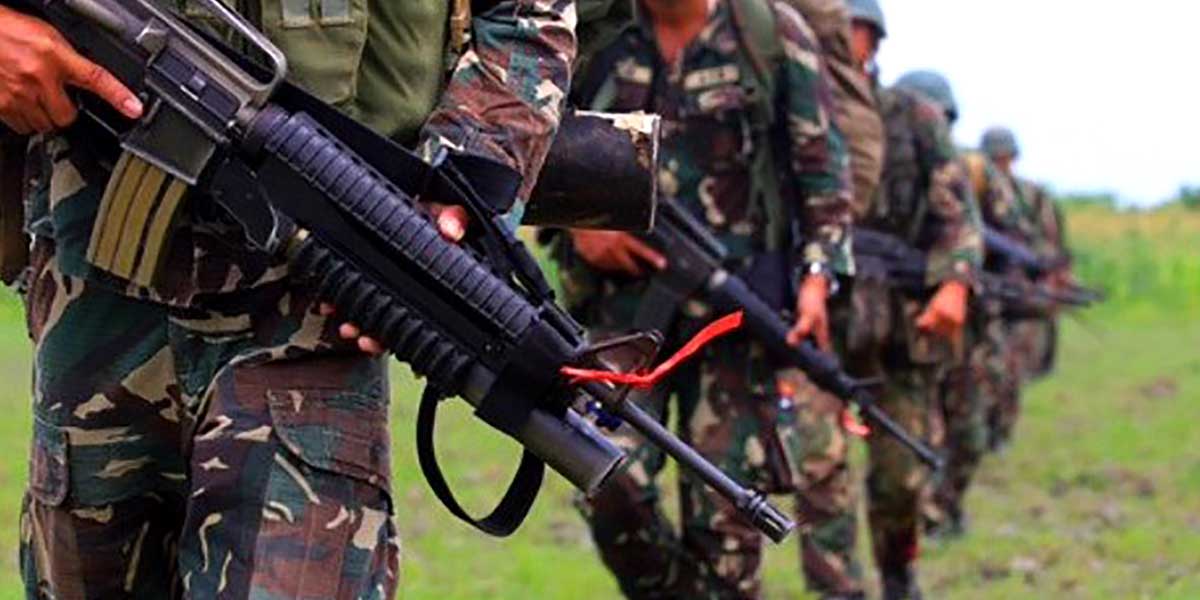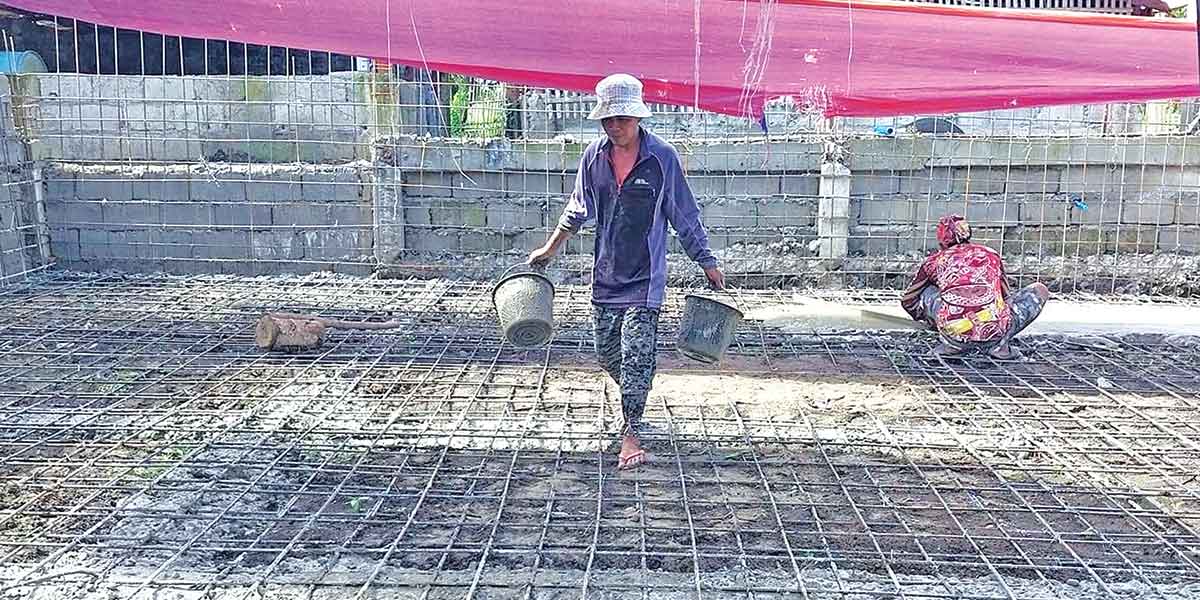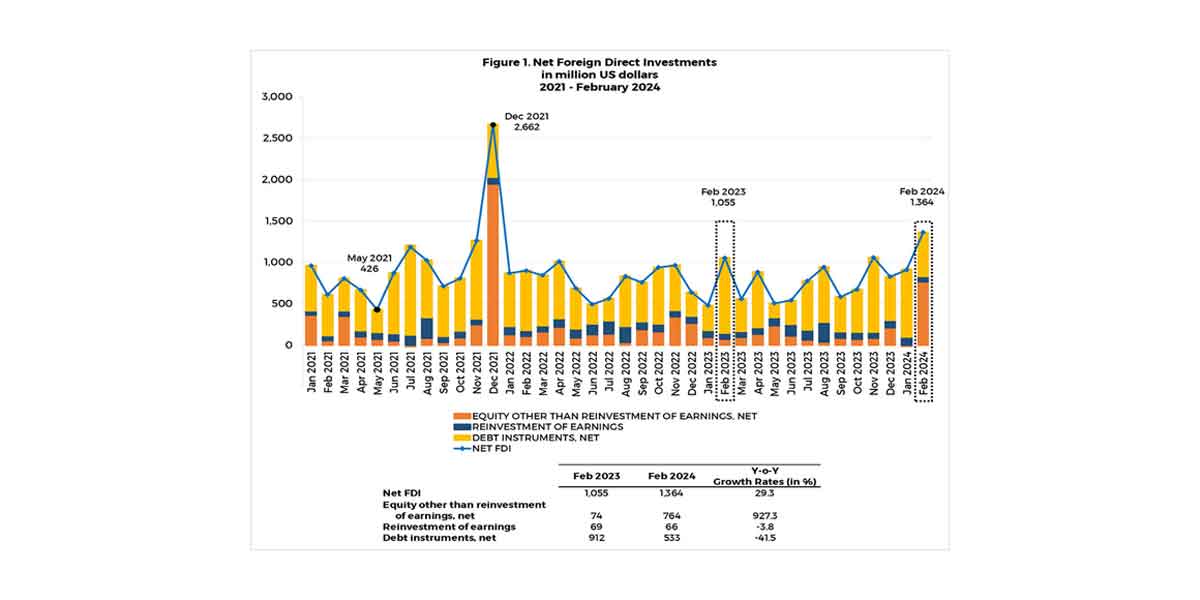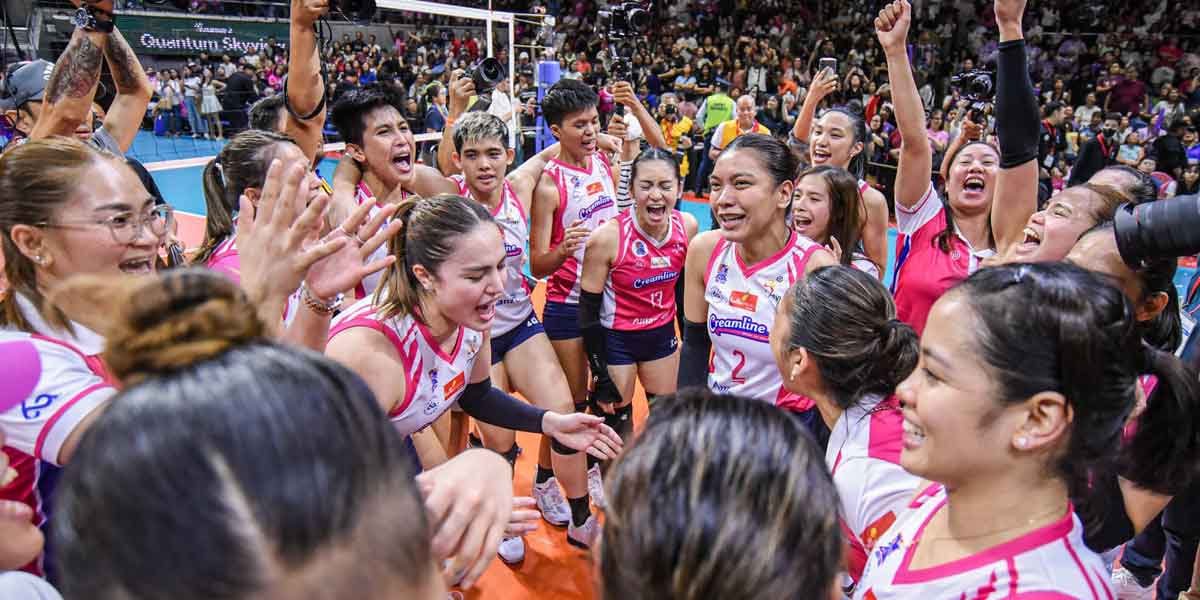By Herbert Vego
“I will sign it as soon as I get it” was the last statement we heard from President Ferdinand Marcos Jr., referring to the Maharlika Investment Fund (MIF) bill that had breezed through the Senate and was adopted by the House of Representatives.
Since he could not articulate on the vague provisions of the bill, we have reasons to doubt that it could be another big blunder, similar to what he had done by appointing disbarred lawyer Larry Gadon as presidential adviser on poverty alleviation; and by praising Tourism Secretary Cristina Frasco over the “Love the Philippines” program that would turn out to be a fiasco that is still being talked about for having used video footages and still photos of foreign tourist sites.
Does he really believe that the investment fund – which is expected to be the main ingredient of his second State of the Nation Address (SONA) on July 24, 2023 — would lure foreign investors to the Philippines?
Hadn’t he earlier assured us of foreign investments to gain from his successive visits to Belgium, Cambodia, China, Japan, Switzerland, Thailand, and the United Kingdom? Alas, he came home from these expensive travels with nothing but billions of invisible dollars in pledges.
It baffles us that our congressmen and senators could be hypnotized into approving a bill with no signs of succeeding, right from the day that BBM and his economic team called the project erroneously as “Maharlika Sovereign Wealth Fund.”
Incidentally, according to Rep. Joey Salceda of Albay, it was the President who had asked his cousin, House Speaker Ferdinand Martin Romualdez to sponsor the bill, along with the latter’s wife, Yedda Romualdez, and presidential son Rep. Sandro Marcos as among the co-sponsors.
Every Filipino now knows the definition of sovereign wealth fund – “a state-owned investment fund sourced from money generated by the government’s surplus reserves,” as in Hong Kong and Singapore.
Since we don’t have that surplus, ours could not be classified a “sovereign wealth fund”. Thus, instead, we would be gambling the people’s money deposited in government banks, including the Bangko Sentral ng Pilipinas (BSP), and other government revenue sources.
On recalls that a similar “sovereign wealth fund” bill was first introduced in 2018 (17th Congress) by authors Senator Bam Aquino and Rep. JV Ejercito, only to be junked.
This time, once signed into law by Pres. Marcos, the Maharlika Investment Corporation (MIC) would be created to raise as much as P500 billion through shares sold to the government and private shareholders.
We can’t help but liken the brewing Maharlika fund to the failed 1 Malaysia Development Berhad (1MDB), a sovereign wealth fund which emerged in 2009 with US $8 billion to promote Malaysia’s economy under then Prime Minister Najib Razak.
Alas, in the 2018 election, angry voters ousted Najib. In August 2022, he was jailed after Malaysia’s Federal Court sentenced him to a 12-year prison sentence for embezzling half of the $8 billion fund.
Rather than lure large-scale foreign investments, Malaysia’s fund buried Malaysia in $12 billion accumulated debt.
Considering the different political realities in our country, alas, we don’t expect BBM to be as unlucky as Razak.
-oOo-
60-DAY PLEBISCITE SUSPENSION ESSENTIAL
“A period not exceeding 60 days” was how Administrator Antonio Almeda of the National Electrification Administration (NEA) recommended the timetable for the Central Negros Electric Cooperative (Ceneco) to suspend the remaining four days of plebiscite enjoining its member- consumer to accept or reject its joint venture agreement (JVA) with Primelectric Holdings, Inc.
The earlier the better is how I see the resumption of the plebiscite that had already started for two days last June 24 and 25, assuming it would not take 60 days to clean the voters’ list.
The suspended schedules were for July 1, 2, 8 and 9.
The problems that derailed the plebiscite stemmed from the alleged inclusion of the names of the dead in the voters’ list, and the exclusion of the living who had allegedly been delisted.
I may be biased in favor of the JVA, but that’s the necessity I see for the co-op to regain viability, since it is losing as much as P20 million monthly for whatever reasons.
The aforesaid first two voting days clearly mirrored the Negrenses’ desire for the JVA, with 21,671 (78%) members voting yes, and only 6,067 (22%) voting yes.
The accuracy of the listed names and the total number of eligible voters are essential for the result of the plebiscite to be validated because the winning majority will depend on the total number of listed voters, not of only those who voted.
Therefore, assuming the turnout of voters is only 150,000 instead of the 192,188 presumed qualified voters, the winning majority would depend on 50% plus one, or at least 96,095. Take note that since 50% of 192,188 equals 96,094, the winning majority would have to be more than 96,094 votes.
Ceneco as distribution utility covers the franchise areas of Bacolod, Bago, Talisay and Silay; and the municipalities of Murcia and Don Salvador Benedicto in Negros Occidental.




















